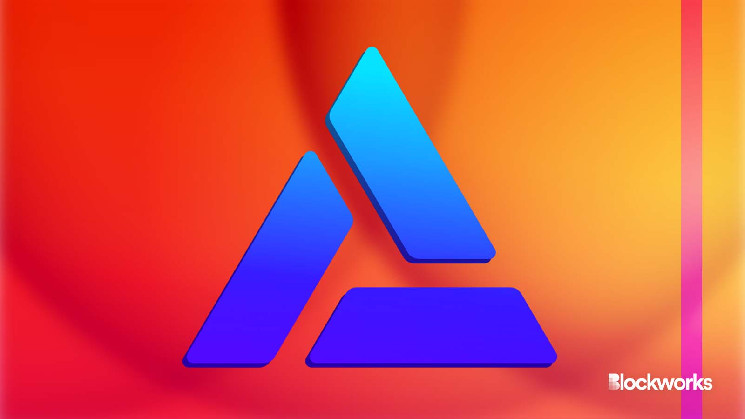An estimated 53% of the total number of smart accounts deployed were created in the fourth quarter of 2023, according to a report from Web3 development platform Alchemy.
Of the total 1.8 million deployments since the launch of ERC-4337 at Walletcoin in March 2023, more than 960,000 of these smart accounts have been created in the past three months.
Will Hennessy, Alchemy’s head of account abstraction, notes that these numbers exceeded initial expectations.
“The Ethereum Foundation just deployed ERC-4337 contracts in March 2023, so this early adoption is faster than expected. It shows how hungry app developers are to solve problems [user experience] issues like gas sponsorship,” Hennessy said.
Smart contract accounts, unlike traditional wallet accounts in Web3, allow users to create “user operations” rather than simply making transactions. This means users can customize how they manage their on-chain assets.
Unlike traditional wallets, smart accounts allow users to bundle multiple transactions into one operation. The result is greatly improved efficiency, both in terms of time and costs. This will be especially useful in a number of different scenarios, including trading and gaming.
The standard also revolutionizes transaction fee management by allowing ‘sponsored transactions’ – where another entity, such as a decentralized app or wallet provider, can pay the gas fees on behalf of the user. It also allows the use of ERC-20 tokens for gas costs. This is a departure from the current methodology, where fees are paid exclusively in the network’s native currency (ether, in the case of Ethereum).
ERC-4337 enhances security and convenience with features such as multi-signature transactions and simplified account recovery. This promises to make on-chain interactions more similar to traditional banking experiences, but with the added security benefits inherent in blockchain. This advancement is seen as a crucial step toward making Web3 more user-friendly.
User operations are bundled by ‘bundlers’ as ‘meta-transactions’ or ‘meta-data transactions’ to a remote relayer that sends the transaction to the blockchain.
Read more: What are smart contract wallets? A beginner’s guide
Alchemy’s report shows that more than 540,000 of these user actions were performed in the fourth quarter last year. This represents a significant increase of 194% compared to the previous quarter.
In particular, apps such as the telegram bot Grindery, the video streaming platform FanTV and the social app Cyberconnect Web3 were behind the growth in the number of users – accounting for 66% of the growth.
Grinderly’s popularity will likely be driven by symbolic incentives, the report suggests. Subsequently, it also increased smart account adoption on its layer 2 scaling solution Polygon, which currently dominates the market, with a 92% market share in monthly active accounts on its network in December.
Token incentives are likely not enough to keep users interested in smart accounts, as information from BundleBear shows that weekly retention rates remain relatively low, falling to less than 1% after five weeks of account opening. Although this is the case, Hennessy remains optimistic.
“Last year was an infrastructure phase for account abstraction. The technology was brand new and it took time for teams like Alchemy to build a reliable infrastructure. Now the infrastructure[structure] is ready, and with the launch of Account Kit last October, app developers can quickly build AA apps,” he said. “We expect development to accelerate this year.”
He adds that while user retention may not be high, it is account abstraction that has allowed them to try out different decentralized apps in the first place.
“Current retention is mainly determined by how useful the application is. They are working on new features to continuously engage users,” he said.
Paymasters remain popular
Another unique aspect of ERC-4337 is the introduction of paymasters, a tool that allows users to pay gas fees in ERC-20 tokens instead of just ETH, or allows users to ask a third party to fully subsidize these gas fees.
An estimated $1.16 million in gas costs have been paid by paymasters to date, Bundlebear data shows.
Alchemy, which itself offers paymaster services, noted that more than 97% of user activity in the fourth quarter of last year had used a paymaster to pay transaction fees. This indicates that flexibility around payment of transaction fees remains a popular demand from users.
“Account abstraction makes it easy for anyone to start using a Web3 app. By lowering the barrier to entry with social login and gas sponsorship, apps can onboard more users, including those who may have lower intent,” said Hennessy.

